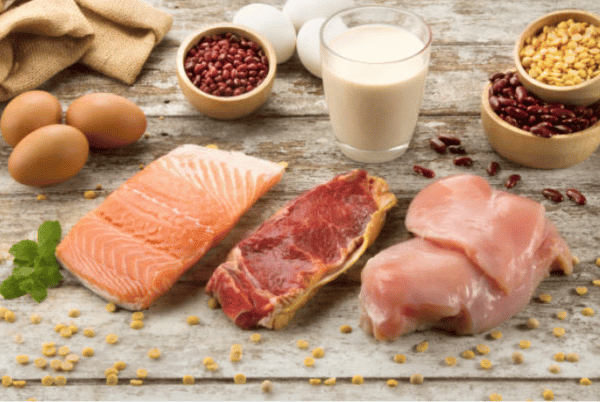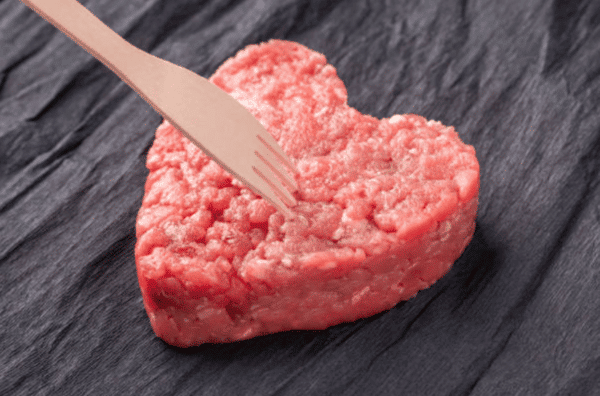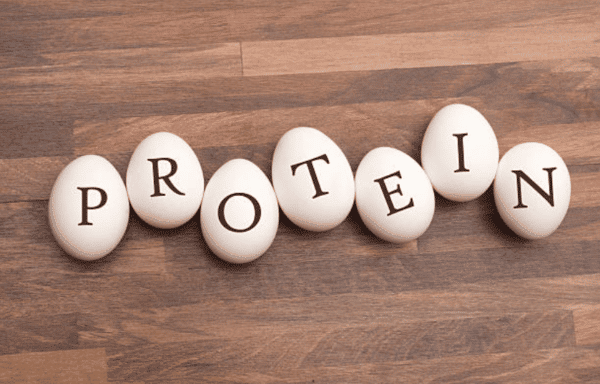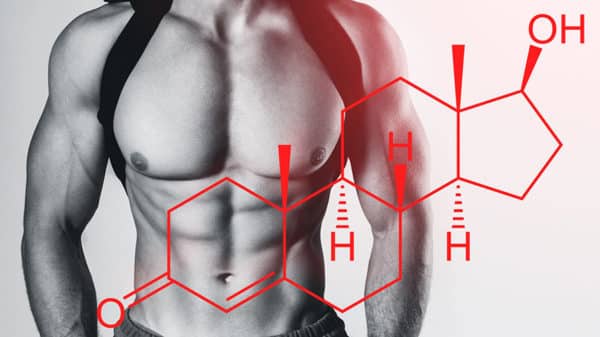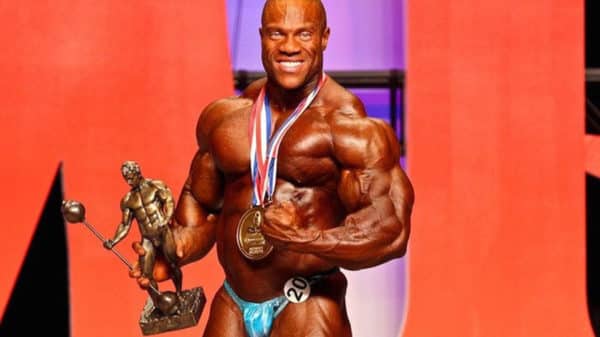Carbohydrates, fats and proteins form the three families of nutrients that are fundamental to maintaining good health. Each has a specific role to play; proteins help to develop and renew our muscle fibres, bone mass and skin.
While the body is able to produce half of the amino acids it needs to function, our diet must provide the rest. A daily consumption of protein-rich products regulates our weight and makes it possible to maintain a healthy body weight. weight gain muscle.
Knowing how much protein to take is therefore fundamental. This calculation is all the more important as a deficiency has serious consequences, just like an over-consumption. Finally, if the quantity of protein to be consumed is a fact to be remembered, the quality of the product is also important. To learn more about the role of protein in bodybuilding, you can read this article : What is the role of proteins in bodybuilding?
How much protein do you need per day?
The ANSES (National Agency for Food, Environmental and Occupational Health Safety) recommends a daily protein intake of between 0.83 and 2.2 g per kilo. This reference meets the average needs of an individual under 60 years of age. The intake for the elderly is around 1 g per kilo per day and reaches 1.2 g per kilo per day during pregnancy and breastfeeding. Sportsmen and women, athletes and people who work out regularly should consume a level of protein proportional to their energy expenditure. As a general rule, it varies between 2 and 2.2 g per kg of body weight.
The ANSES recommendation concerns individuals who wish to maintain their muscle mass. It also serves as a scale for people seeking to modify their metabolism (loss or gain of mass). It is therefore advisable to adjust the intake according to one's situation and objectives. However, one should not forget the risks of an unbalanced diet.
What happens if we don't bring enough?
Insufficient carbohydrate, fat and protein intake can lead to serious health problems.
Firstly, the lack of protein slows down the diffusion of sugar, which results in a loss of energy. Secondly, the low level of these nutrients limits cell renewal. Joint and muscle pains appear. Muscle density is lost and body weight decreases. Such a diet leads to brittle nails, hair loss and the early appearance of wrinkles and streaks on the skin. Finally, immune weakness, sleep disorders and reduced concentration are all consequences of a deficiency.
Pregnant women, vegetarians and the elderly are the first to be affected by these problems. However, a more balanced diet can gradually repair the damage caused by such a deficiency. Similar symptoms can also occur when the intake is incomplete, providing only part of the essential amino acids needed for metabolism.
What happens if we consume too much?
A correct dosage of proteins is fundamental because, if the lack creates imbalances, the overdose also produces them. However, ANSES does not estimate the risks of a high-protein diet and WHO (World Health Organization) suggests links with certain pathologies. The parameters to be considered in this diagnosis are so numerous that it is essential to be followed by a doctor if you wish to increase your protein intake.
Eating too many amino acids forces the body to work harder to assimilate or destroy them. In addition, an imbalance between carbohydrate and fat intake damages muscle fibres because cell renewal is not properly carried out. Osteoporosis can then occur prematurely.
The kidneys and liver are overactive, which can eventually lead to kidney failure or kidney stones. A high-protein diet also increases the risk of colon cancer.
Red meat, cold cuts and processed meat products are the main vectors of the increase in this type of disease. Also, for any high-protein diet, it is better to turn to other sources of proteins and vary them.
If you only work out as a hobby or passion, choose for example a flexitarian diet which can be a solution depending on your objectives.
Does the quality of protein affect progress in bodybuilding?
To build muscle, it is, on the one hand, essential to increase your protein intake but, on the other hand, you must be careful to choose your protein foods properly. Indeed, not all protein sources are equal. Moreover, a food rich in protein also brings other nutrients (calories for example) which will also be assimilated and can create disorders.
There are two main sources of protein: animal protein and plant proteinseach containing different amino acids, which must therefore be combined.
Animal proteins are found in meat products and cheeses. As red meat and processed products are potentially dangerous in very high doses, fish, white meat, shellfish, seafood and eggs.
Vegetable proteins are mainly found in cereals and legumes. They provide a sufficient source of protein for mass gain if they are consumed together. Indeed, cereals are limited in lysine and legumes lack sulfur amino acids.
Thus, the quality of proteins (i.e. the capacity of a product to meet our daily nutritional needs) is not universal. The rate of essential amino acids is distributed over all the foods in a meal. However, animal proteins are more complete than vegetable ones. Therefore, vegetarians must combine cereals and legumes during a meal to achieve a balanced diet, while flexitarians must be careful not to combine foods that are too rich in proteins, which exhaust the body and prolong digestion.
Why do weight trainers supplement with protein powder?
As we have seen, the protein requirement for an adult is proportional to physical activity, weight, height and other parameters.
Also, for an adult athlete, the protein intake should be between 1.5 and 2.2 g per kilo of body weight (g/kg). For a professional weightlifter or bodybuilder, this figure can reach 2.2 g/kg.
This means that a 100 kg weightlifter or bodybuilder must ingest 220 g of protein each day to reach the recommended protein intake. Chicken breast, which is an excellent source of animal protein, contains 26.4 g of protein per 100 g. To reach the 220 g of protein, they would have to eat almost 1 kg (more exactly 833 grams) of chicken breast. In addition to the solid meals, they will therefore, to have their quota, supplement.

DISCOVER MY E-BOOK OF RECIPES
Are protein powders practical?
So you need to find another source of protein, for practical reasons first: it's not always practical to eat chicken breast as a snack (the same goes for all protein-rich foods).
Protein powder supplementation is a solution for bodybuilders and athletes who are looking to build muscle mass. Indeed, protein powders allow to avoid eating astronomical quantities of meat. These food supplements have a higher protein content, while having a very good digestibility. A 100 g shaker, for example, will contain 70 to 90 g of protein (as much as 300 g of chicken, but much more discreet and easy to carry!).
Are protein powders suitable for everyone?
However, it is important to vary the types of proteins. Also, there are different ranges of protein powders: those made from eggs, milk, and those made from vegetable proteins. Thus, you can vary the sources, while respecting your usual diet. Indeed, even if you are vegetarian or vegan, you can supplement yourself with protein powders based on peas, soya...
For quality, it is recommended to consume a native Whey.
It is the cheapest protein!
Another excellent reason to use powders is the protein/price ratio. The calculation is very simple: on 1 kg of chicken at about 10 €, you get about 260 g of protein.
The same amount of protein from food supplements will only cost you about 6 €. Be careful not to replace your solid meals with protein powder. It should only be used occasionally during the day. (morning snacks or pancakes)
Of course, supplementation with protein powder is in no way doping. It is a product derived from food. However, it is not mandatory to take it, and you can always progress without consuming it. As long as you consume what you need.
I mean...
A balanced diet is essential to our health. Protein powder are used as a supplement in case of deficiency or to avoid eating a lot of meat at every meal. This type of product, or protein snack, regulates protein levels without the need to absorb other nutrients.
People who want to build up their muscles can also take this type of supplement, provided that they adapt their entire diet to their activity. A high-protein snack before or after a workout maximizes results.
Conclusion:
When you practice bodybuilding, you must adapt your macros according to your goals. Consuming too much or too little protein will be detrimental to your progress in bodybuilding. Many people who practice bodybuilding think that they should consume a lot of protein but like everything else, consuming too much protein makes you put on weight and is not good for your health. Calculating your intake is the best way to progress and varying your protein sources is essential to stay healthy.
Looking for calibrated nutrition?
Other articles to read :
Focus on fibre in bodybuilding: 10 fibre-rich foods
Mono diet in bodybuilding: Good or bad for your health?
How long will it take to see my body change thanks to the workout?


